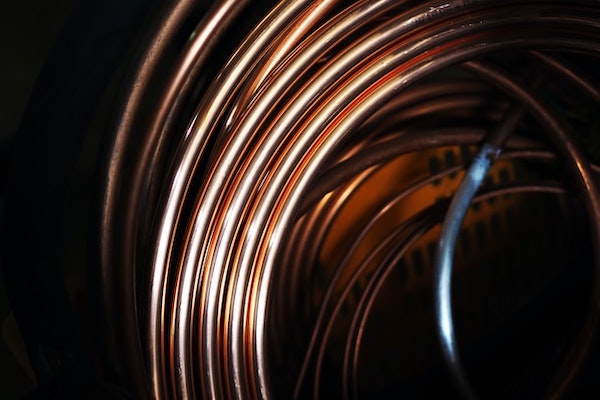Tackling Copper ‘Material Movement’ On Road To Zero
- New technology roadmap outlines how copper producers can embrace innovation to reduce greenhouse gas emissions at mines.
- Developed by International Copper Association Australia (ICAA), MMG, 29Metals, Ok Tedi Mining, Aeris Resources, Anax Metals, OZ Minerals, Sandfire Resources and European Copper Institute (ECI).
- Boosting the sustainability of materials movement at copper mines is fundamental to cutting emissions.
The Material Movement study warns mine waste operating systems are under pressure. Rising copper demand—growing by 2.1% a year till 2027—plus declining ore grades at many mine sites are pushing material volumes higher globally.
A number of material movement processes like Fragmentation (drill & blast), Haulage, Conveying & Sorting, and Disposal & Re-Use are open to technological innovations to help cut emissions long term.
The roadmap outlines solutions available today (Horizon 1), near future (Horizon 2), or long term (Horizon 3) that suggest the sector is on the cusp of change. From drill alignment and advanced sensing technologies available today, to fast emerging advanced robotics, autonomous haulage, bespoke conveyance systems, and trace mineral recovery, copper mines are set to be transformed.
But the report warns that change won’t be easy or uniform given that each mine is unique. Differences between open cut, underground and hybrid operations plus site lifecycle phases will all mean tailored solutions for emission reduction.
“Australia already has a robust mining technology sector built around industry, government, university and Mining, Equipment, Technology Services (METS),” John Fennell, CEO International Copper Association Australia, said. “Reforming mine material movement is the next challenge for us all.”
The Material Movement report is the 3rd study in three years focused on helping copper mines reach Net Zero through cutting edge technology. Two more reports are planned.

